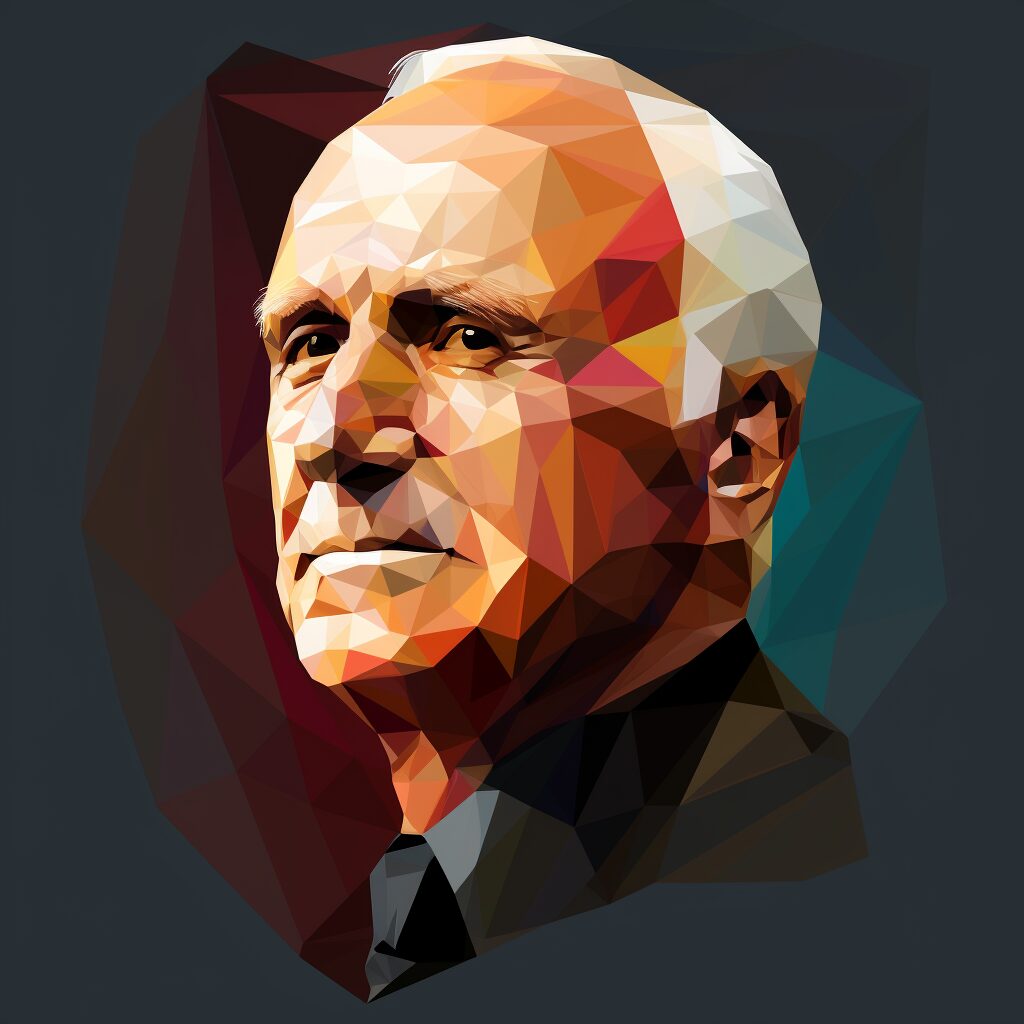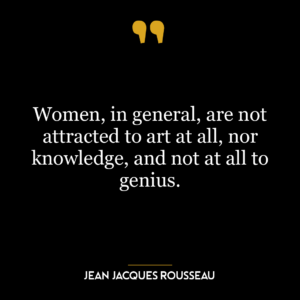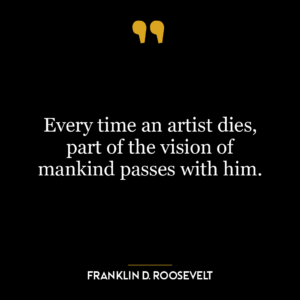This quote emphasizes the importance of applying what we learn in our lives rather than just accumulating knowledge. The essence of learning is not just to fill our minds with information but to use that information to make informed decisions and take action. It’s a reminder that knowledge in itself is not power, but applied knowledge is.
In the first part, “Don’t let your learning lead to knowledge,” the quote is cautioning against becoming a passive recipient of information, a ‘know-it-all’ who is full of facts but does nothing with them. The second part, “Let your learning lead to action,” encourages us to use the knowledge we gain to make a difference in our lives and the world around us. It’s about being proactive and using what we learn to create change, solve problems, and make progress.
In today’s fast-paced world, we have access to more information than ever before. However, having information is not enough. We must be able to critically analyze this information, draw conclusions, and then use those conclusions to guide our actions. For instance, learning about climate change is not enough; we need to use this knowledge to adopt sustainable practices. Similarly, in the corporate world, learning about new market trends is not enough; businesses need to use this knowledge to innovate and stay competitive.
In terms of personal development, this quote can be applied to any skill or knowledge area. For example, learning about healthy eating is not enough to improve our health; we need to use that knowledge to change our eating habits. Or, learning about effective communication is not enough to improve our relationships; we need to practice these skills in our daily interactions.
In conclusion, this quote is a call to action. It’s urging us to not just passively accumulate knowledge but to actively apply it in our lives. It’s about making our learning meaningful and impactful.












